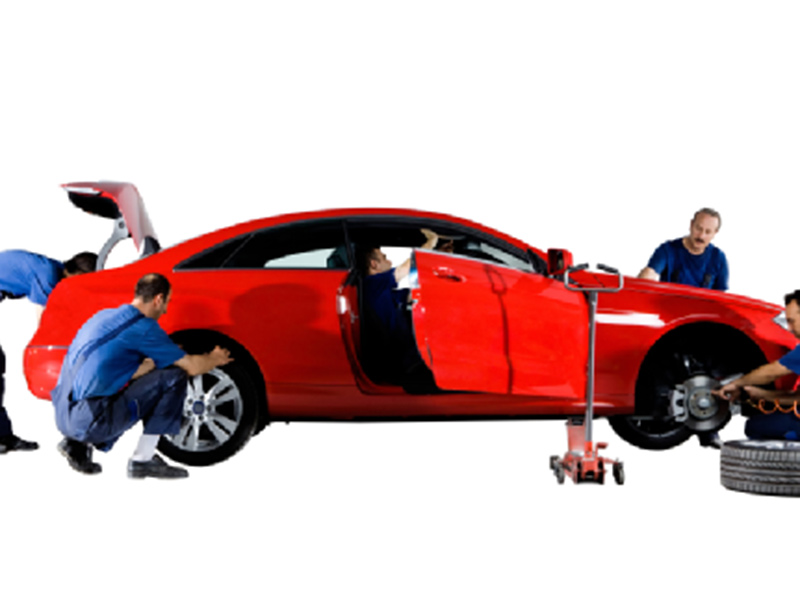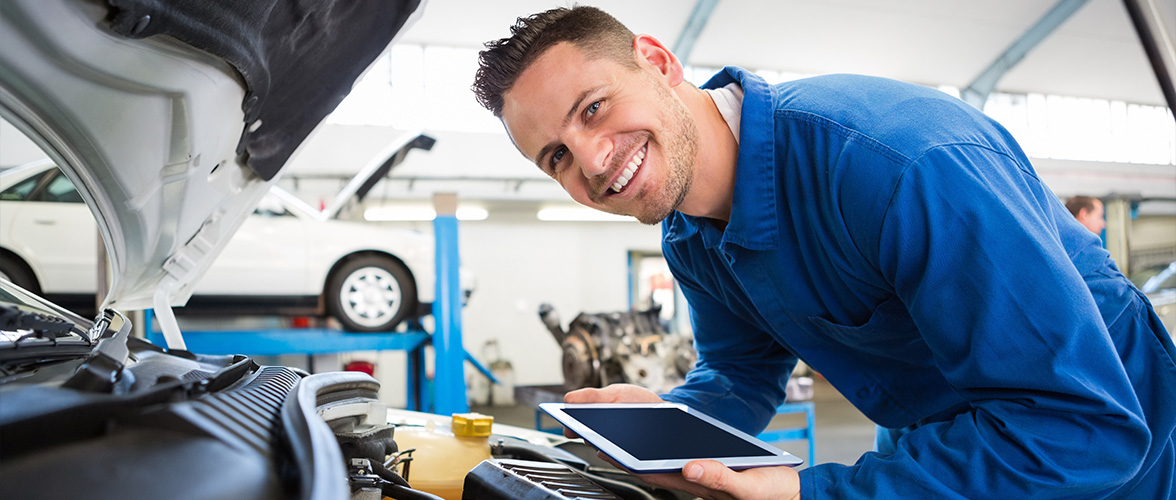All Categories
Featured
Preparing your car for a long-distance trip is vital to make certain safety, convenience, and effectiveness throughout the trip. Whether you're gone to a weekend vacation or a cross-country experience, making certain your automobile is in top condition can prevent unforeseen troubles and maintain you on the roadway. Here are essential steps to guarantee your car is prepared for long-distance traveling.
![]()
![]()
Conclusion. A little preparation goes a lengthy way when it comes to long-distance traveling. By checking your vehicle's fluids, checking the brakes and tires, and making sure the battery and cooling system are operating effectively, you can reduce the risk of unanticipated breakdowns.
- Do a Detailed Liquid Examine. Among the most vital checks before any long-distance drive is guaranteeing all vital liquids go to the correct levels. Inspect your engine oil, transmission fluid, coolant, brake liquid, and windshield washer fluid. Running reduced on any one of these can affect your vehicle's efficiency and safety. Leading them up as needed, and take into consideration scheduling an oil change if it's been a while because the last one. A well-lubricated engine is much less most likely to get too hot or cause various other problems during the trip.
- Examine the Tires for Put On and Appropriate Rising Cost Of Living. Tires are your vehicle's key point of call with the road, so ensuring they remain in great condition is crucial. Inspect the tire pressure and inflate them to the recommended levels to ensure optimum fuel efficiency and handling. Also, check the step deepness to make sure your tires can grasp the roadway correctly, particularly in slippery or damp conditions. If your tires reveal indicators of unequal wear or are coming close to completion of their life expectancy, change them before embarking on your journey.
- Inspect the Battery's Health. In addition, examine the battery's cost and age-- if the battery is over 3 years old, take into consideration replacing it to stay clear of potential failure during your trip. Some automobile parts stores provide totally free battery screening, which can provide you tranquility of mind prior to striking the road.

- Make Certain the Cooling System Is Operating Correctly. The air conditioning system keeps the engine from overheating, so it's essential to check that it's operating properly before a lengthy drive. Overheating can destroy an engine swiftly, so if you're uncertain about your car's cooling system, take into consideration having it inspected by a professional auto mechanic prior to leaving.
- Examine the Brakes. The problem of your brakes directly influences your security, particularly on long journeys where you'll be driving at high rates. Examine the brake liquid degree and make sure it's at the ideal degree.
- Inspect Your Lights and Signals. Guarantee all your vehicle's lights, consisting of fronts lights, taillights, brake lights, and transform signals, are functioning properly. Furthermore, tidy your headlights and taillights to make sure optimum presence, especially in wet or clouded problems.

- Pack an Emergency Set. Despite having the very best preparation, emergencies can take place. Always load an emergency situation set with vital things, including an emergency treatment set, flashlight, jumper wires, tire-changing devices, and a spare tire. Consist of fundamental materials such as bottled water, non-perishable snacks, and a covering in instance you end up stranded. Having these products accessible can make a difficult circumstance a lot extra workable.
- Strategy Your Path and Relax Stops. Mapping out your course in advancement is vital to a successful long-distance trip. Make use of a General practitioner or smart device application to examine for building and construction or roadway closures, and determine practical remainder stops for sustaining and extending your legs.
- Arrange a Pre-Trip Evaluation. Take into consideration arranging a pre-trip examination at an auto shop if you're not sure regarding the problem of your auto or desire an experienced opinion. A technician can perform a thorough check, making sure everything is in great functioning order before you leave. This action is especially vital if you're taking a longer trip or driving in unknown areas.
Conclusion. A little preparation goes a lengthy way when it comes to long-distance traveling. By checking your vehicle's fluids, checking the brakes and tires, and making sure the battery and cooling system are operating effectively, you can reduce the risk of unanticipated breakdowns.
Latest Posts
Explore Brake Repair & More: Full Auto Care Solutions from Montclare Auto Repair
Published May 29, 25
1 min read
Why Consistent Auto Maintenance at Montclare Auto Repair Keeps Your Wallet Happy
Published May 28, 25
1 min read
Unlock Your Financial Partner at WyHy – Top Benefits for Your Money Goals
Published May 25, 25
1 min read
More
Latest Posts
Explore Brake Repair & More: Full Auto Care Solutions from Montclare Auto Repair
Published May 29, 25
1 min read
Why Consistent Auto Maintenance at Montclare Auto Repair Keeps Your Wallet Happy
Published May 28, 25
1 min read
Unlock Your Financial Partner at WyHy – Top Benefits for Your Money Goals
Published May 25, 25
1 min read